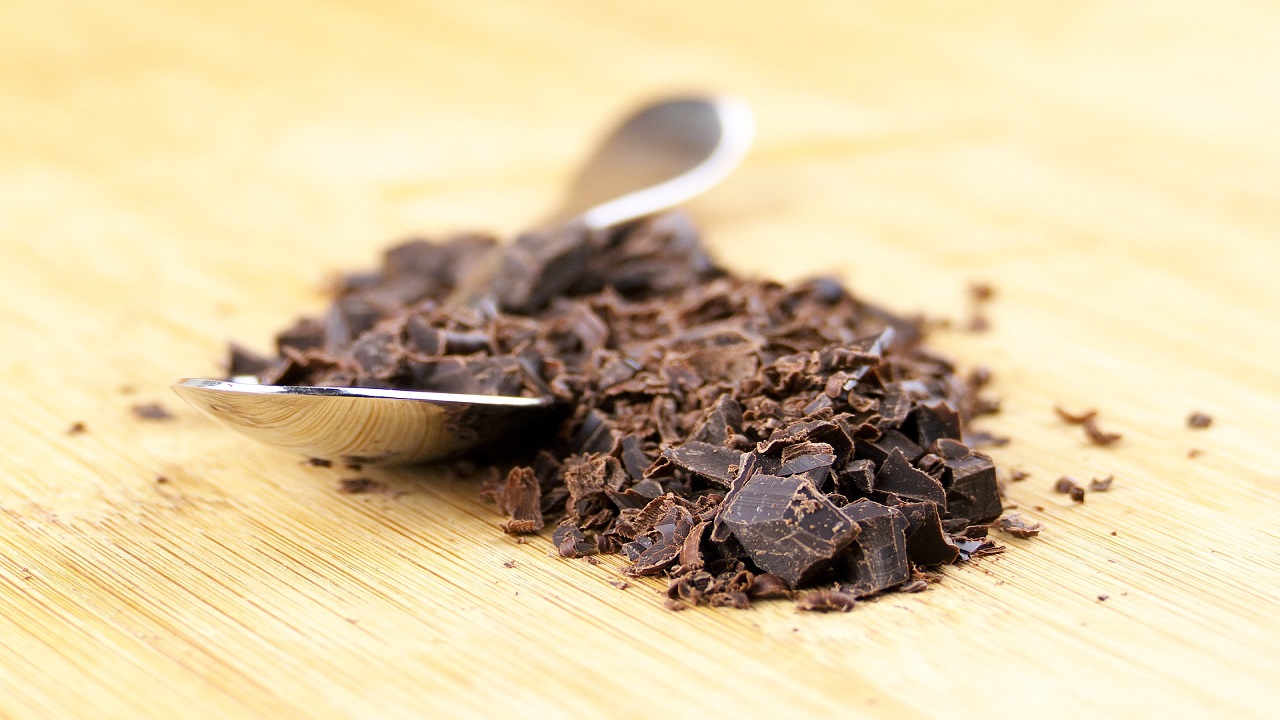100 grams of chocolate a month could reduce risk of atrial fibrillation of the heart by 10 to 20 percent, according to Danish researchers in a new scientific study.
In recent years, several studies have shown health benefits of consuming cocoa. Previous studies have for example shown that chocolate could also reduce the risk of stroke. A majority of these are epidemiological studies, by with large populations, looking at large groups who report their lifestyle habits.
The latest study is another epidemiological study based on data collected in ‘The Danish Diet, Cancer, and Health Study’ a large population-based prospective cohort study with over 55,000 men and women aged 50-64, who have filled out a questioner concerning their diet.
The researchers found that those people who ate about 100 grams of chocolate a month appeared to reduce the risk of atrial fibrillation by 10-20 percent. Six people, rather than seven, out 100, were affected by atrial fibrillation, due to chocolate consumption. This is the first time you see a connection between reduced risk of atrial fibrillation and chocolate consumption.
Atrial fibrillation can increase the risk of heart failure, stroke, and cognitive impairment. Untreated atrial fibrillation doubles the risk of heart-related deaths and is associated with a 5-fold increased risk for stroke.
It is, however, difficult to assess the exact cause and effect, and in addition, self-reporting is consolidated with uncertainties. But what makes chocolate interesting is that cocoa contains flavonoids and a ruling hypothesis is that flavonoids seem to protect the right atrium of the heart against inflammation.
The researchers write in a post-study discussion:
Recent evidence suggests that an inflammatory cascade resulting in leucocyte activation may lead to generation of reactive oxygen species, proliferation of fibroblasts and adverse turnover in matrix proteins. This may result in electrical and structural atrial remodelling and lead to the incidence of AF.
The antioxidant, anti-inflammatory and antiplatelet properties of cocoa may improve endothelial function, lipid levels, blood pressure and insulin resistance and decrease fibrosis and downstream electrical and structural remodelling of atrial tissue.
In addition, a typical 100 calorie serving of dark chocolate contains 36 mg of magnesium, which has hypotensive and antiarrhythmic effects.
These properties may explain the lower cardiovascular risk associated with moderate chocolate intake.
In addition, the study data also suggests the participants who ate the most chocolate consumed more calories but had a lower body mass index – a measure of weight in relation to height.
The study has been published in the medical journal Heart.
Reference:
Elizabeth Mostofsky, Martin Berg Johansen et al. Chocolate intake and risk of clinically apparent atrial fibrillation: the Danish Diet, Cancer, and Health Study http://dx.doi.org/10.1136/heartjnl-2016-310357












![OpenAI. (2025). ChatGPT [Large language model]. https://chatgpt.com](https://www.illustratedcuriosity.com/files/media/55136/b1b0b614-5b72-486c-901d-ff244549d67a-350x260.webp)
![OpenAI. (2025). ChatGPT [Large language model]. https://chatgpt.com](https://www.illustratedcuriosity.com/files/media/55124/79bc18fa-f616-4951-856f-cc724ad5d497-350x260.webp)
![OpenAI. (2025). ChatGPT [Large language model]. https://chatgpt.com](https://www.illustratedcuriosity.com/files/media/55099/2638a982-b4de-4913-8a1c-1479df352bf3-350x260.webp)








